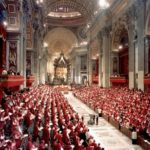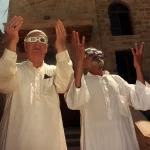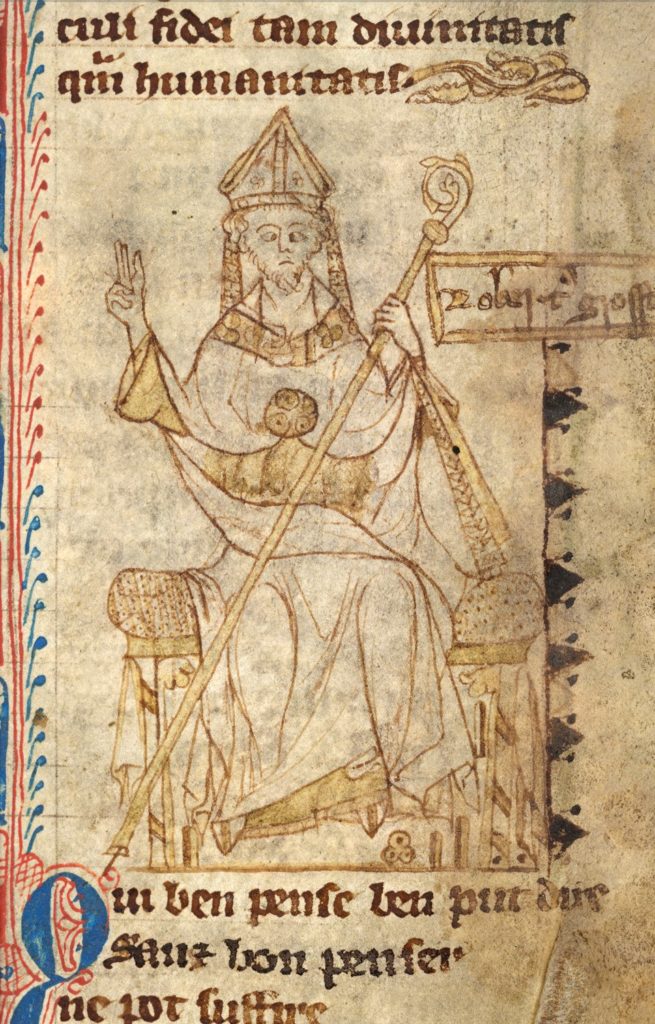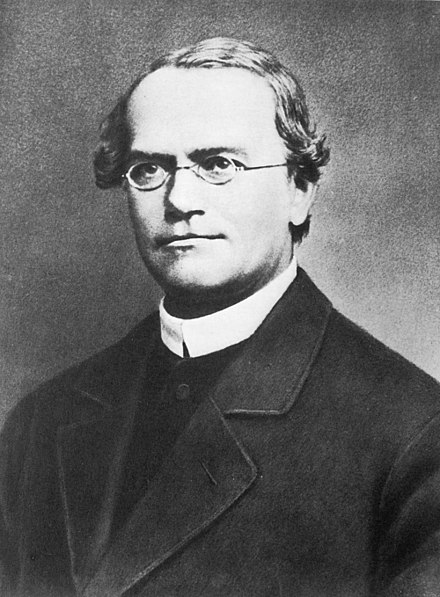
The child is born with his mind a blank page devoid of letters and ideas. His parents and his community then write the first lines on that white page, and the child learns to speak and how to think and then, for the most part, the craft of his father. His life continues in much the same way as his father's, unless he is fortunate enough to live in an environment that allows him to study in regular schools.
THE ARABS THROUGHOUT their known history, have relied on the oral transmission of their experiences, and did not care at all to learn to write, even though their neighbours in Sumeria, Persia, Byzantium, and the kingdoms of the Yemen in the era BC, had learned to write and went on to chronicle their kings, wars and beliefs. When Islam emerged, the bearer of its banner was illiterate, as he himself claimed in the Qur’ān, and the number of those who could write hardly exceeded a couple of dozen. Some Jews had taught some Arabs in Madīna how to write Arabic and at the time Islam emerged some in the tribes of al-Aws and al-Khazraj could write – these were Sa‘d ibn ‘Ubāda ibn Dulaym, Al-Mundhir ibn ‘Amr, Abī ibn Ka‘b and Zayd ibn Thābit who could write both Arabic and Hebrew, Rāfi‘ ibn Mālik, Usayd ibn Ḥuḍayr, Sa‘d ibn al-Rabī‘,Aws ibn Khūlī and ‘Abdullah ibn Abī al-Munāfiq.[1] The rest were all illiterate.
The transmission of the new religion continued orally until the middle of the second century AH, so that Imām Mālik bin Anas did not write a single letter of Al-Mudawwana al-Kubrā but instead relied exclusively on oral lessons, while it was his student ‘Abd al-Raḥmān ibn al-Qāsim who wrote down the Mudawwana and Imam Saḥnūn ibn Sa‘īd al-Tanūkhī quoted from it. Even the great jurists of Islam may not actually have been literate but instead relied on hearing from their shaykhs.
Such are the shaykhs that led the Nation of Islam, a nation whose Qur’ān boasts that Allah “hath sent among the unlettered ones a messenger of their own”,[2] one who was illiterate like them. Illiteracy in “the best of the nations raised up for the benefit of mankind”[3] still exceeds forty percent in men and seventy percent in women. And what about our political and religious leaders today? Religious leaders, that is, the shaykhs, have become holders of academic titles such as ‘doctor’ and ‘professor in Sharī‘a (in imitation of the infidels whom the Islamic religion forbids to imitate). Yet these doctors and professors have not studied anything outside the scope of the Qur’ān, the Sunna and fiqh (jurisprudence). They are illiterate with respect too the natural sciences and to philosophy, and thus their understanding of the universe and the theory of evolution is still a childishly illiterate one, an understanding that led the former chief ‘scientist’ of Saudi Arabia, Shaykh Abd al-‘Aziz ibn Bāz, to assert that
“whoever says that the earth is round and revolves around the sun has lied and slandered God, for God says that “runneth on unto a resting-place for him”,[4] and thus he has become a denier of what is necessarily known from religion as true; he must therefore repent, and if he does not repent, he is to be killed.”
If the blind are leading the blind, what can we expect from the route they are together taking?
These doctors and professors have not studied anything outside the scope of the Qur’ān, the Sunna and fiqh
While Ibn Bāz asserted – in the twentieth century – that the earth is flat and the sun revolves around it, we find Christian clerics in Europe – in the eighteenth century – who excelled in engineering, mathematics, astronomy, geology and physics, and their proposals in those sciences had a great impact on the emergence of scientific theories that secured giant steps forward for science, all of this in the face of the rigidity of the Catholic Church in its fight against science. Credit goes to these eighteenth century clerics for making science coexist with religion and, then, in the nineteenth century and beyond, for the supremacy of science.
Europe made tremendous steps forward in a short period of time, while we are still finding Islamic clerics ignoring the public and preventing them from acquiring real sciences, instead selling them mirages of ignorance, the Unseen and the wide-eyed virgins of heaven. There is an ancient wisdom that runs: ‘He who has lost something is in no position to offer it’. Not a single Islamic cleric has excelled in physics, mathematics or chemistry, disciples which are the basis for any understanding of the universe and man.
Among the Christian clerics who benefited the natural sciences in an era well before the eighteenth century, we find the following:
Robert Grosseteste (1175–1253). Born into a poor family, he studied theology and later became Bishop of Lincoln and a lecturer at Oxford University. All of his religious achievements, however, are dwarfed by his reputation as one of the most learned men of his time. He earned a Master’s degree in mathematics, optics and the natural sciences, to the point that he overshadowed the achievements of his famous student Roger Bacon. Historians of the natural sciences say that Grosseteste was the pioneer of the scientific movement in Oxford, a fact which still makrs out the University of Oxford from other British universities. Among Grosseteste’s achievements are: Commentaries on Aristotle’s Physics and A Critique of the Ancient Roman Julian Calendar rwhich led to the replacement under Pope Gregory XIII of that calendar with the current calendar. He also made further studies in optics, music and mathematics.
We are still finding Islamic clerics ignoring the public and preventing them from acquiring real sciences, instead selling them mirages of ignorance
Bishop Ignazio Dante (1536-1586). Born in Perugia, Italy, he studied theology at its university, joining the Dominican Order in 1555. He engaged in many leisure activities including astronomy, mathematics, optics, architecture, civil engineering, hydraulics, and cartography. In 1574 he proved that the Equinox, the day on which the length of the night is equal to the length of the day, occurs eleven days before its due date in the Gregorian calendar. He is best known for his maps of Italian cities, and was commissioned by Pope Pius V and Pope Gregory XIII to map the most important Italian cities.
Rev. Marin Mersenne (1588–1648), the friend and classmate of Descartes’. He was ordained a priest in 1612 and became famous in mathematicians’ circles. Mathmaticians have given his name to numbers that are only divisible by themselves or No. 1 Prime numbers. He enthusiastically argued for the power of the human mind and corresponded with Descartes, Thomas Hobbes and Pascal. He convened regular meetings of most of the European scientists at the time, and donated his body to scientific research.

Suggested Reading
Jean-Felix Picard. He was named the founder of astronomy in France. This priest became the first person in Europe to measure the size of the planet in 1669. He calculated that the diameter of the earth is 6,326 kilometers, and modern machines have proven that his measurement is only off by 0.44% from the actual size. Isaac Newton used his measurements to calculate Earth’s gravity. He was one of the founders of the Académie française. One of the valleys of the Moon has been named after him.
Gregor Mendel (1822-1884). This Austrian priest is the undisputed father of genetics. He conducted his experiments with pea pods. It was known at the time that some genes were dominant and some recessive. We know about all genetic diseases and the likelihood of newborns developing them from Pastor Mendel’s studies.
How do the ‘scholars’ of the best of the nations raised up for the benefit of mankind compare to them?
Rev. Armand David (1826-1900). This pastor began his career as a missionary in China, and was fascinated by zoology, botany and geology. His fame was such that the French government asked him to send samples of the plants he had studied to Paris. On his return to Paris in 1888 he gave a lecture at the World Congress of Catholic Scholars.
Rev. Julius Nieuwland (1878-1936). Pastor Nieuwland was born in America to Belgian parents, studied chemistry at the University of Notre Dame, and was appointed pastor in 1903. He undertook postgraduate studies in botany and chemistry and was appointed Professor of Botany at the University of Notre Dame. He was the first to invent the elastomer neoprene used in sheathing electrical and telephone wires, and employed for roofing houses. He won several scientific awards.
Rev. Georges Lemaitre (1894-1966). This Belgian priest was a mathematician and a physicist. After being appointed pastor, he joined the University of Cambridge and studied the natural sciences, specializing in astronomy and Einstein’s theory of relativity. He confirmed that the universe was moving in an expanding movement, and that all matter and energy were concentrated into one point. Scientists at the time mocked his theory and called it The Big Bang to ridicule it. When he gave his lecture on the origin of the universe Einstein, who was present at the meeting, applauded him. The Big Bang is now the universally accepted theory.

Suggested Reading
Pastor Stanley Jaki was born in Hungary in 1924, received his Ph.D. in Nuclear Physics and in 1990 was appointed by Pope John Paul II to the Pontifical Academy. He is fluent in five languages and has written thirty scientific works. “Science” according to Pastor jaki, “only grows in a Christian setting”.
This is just a glimpse of some of the Christian clergy in Europe from the eighteenth century and before that, and with these clerical figures the progress of science has made rapid steps. How do the ‘scholars’ of the best of the nations raised up for the benefit of mankind compare to them?
[1] (Fotouh al-Buldan, al-Baladheri, p. 535).
[2] Qur’ān LXII (al-Jum‘a), 2.
[3] Qur’ān III (Āl ‘Imrān), 110.
[4] Qur’ān XXXVI (Yā Sīn), 38: وَالشَّمْسُ تَجْرِي لِمُسْتَقَرٍّ لَهَا ۚ ذَٰلِكَ تَقْدِيرُ الْعَزِيزِ الْعَلِيمِ (“And the sun runneth on unto a resting-place for him. That is the measuring of the Mighty, the Wise”). In 1982 Shaykh Ibn Bāz published a book: الأدلة النقلية والحسية على امكان الصعود الى الكواكب وعلى جريان الشمس والقمر وسكون الأرض (‘The textual and rational proofs on the possibility of travelling to other planets, the rotation of the sun and the moon and the motionlessness of the earth’) expounding his belief that the sun orbited the earth. In 1985, he changed his mind concerning the rotation of the earth when Prince Sulṭān bin Salmān returned home after a week aboard the space shuttle Discovery to tell him that he had seen the earth rotate. (Ed.)


